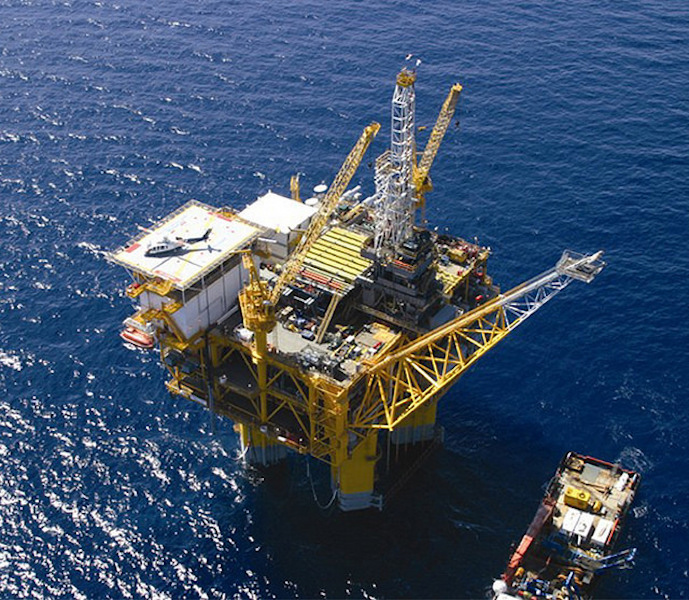There hasn’t been much good news to write about in the offshore market lately, particularly in the Gulf of Mexico. Any oil price increases that potentially could drive a return to activity in the Gulf have been almost immediately uprooted by onshore shale production increases.
But just before Christmas, a spot of positive news hit the streets. Italian major Eni went from discovery to first gas on its Zohr natural gas field off the Egyptian coast in just over two years. Drilling, development and infrastructure deployment in a major gas field has never been done that fast before. It represents a seismic shift for the industry’s majors in an environment in which similar developments regularly take three to four times as long. Analysts polled by Eni a month after the discovery gave it only a 10% probability that the project would produce gas “some time in 2019,” according to an Eni memo cited by Bloomberg News. Twenty-four percent said after 2021 was more likely, according to Bloomberg.
The rapid development of Zohr was accomplished by insourcing rather than the common practice of outsourcing. For instance, “to keep things moving, Eni didn’t hire a general contractor for Zohr, instead launching a direct tender process for technical components, including the longest umbilical cable ever used in such a project. At the onshore facility on the coast near Port Said 125 miles of pipe needed to be shipped from Europe,” Bloomberg said. Eni handled all of this.
Additional projects are advancing design and construction timing elsewhere. ExxonMobil Corp. discovered oil in offshore Guyana in 2015 and green-lighted the project earlier this year, saying it expects the first oil by 2020, Bloomberg reported. The five-year plan is unusually short for a new field nearly 124 miles offshore with depths of up to 6,234 feet.
The move to speed development, together with increasing cost savings in many areas, is key to a revival of offshore activity. These two trends make it highly likely that longer, more expensive projects in the Gulf of Mexico can take place at lower — maybe significantly lower — oil and gas prices. That’s just the boost needed to restart the workboat industry in the Gulf.




